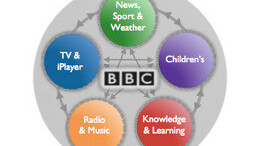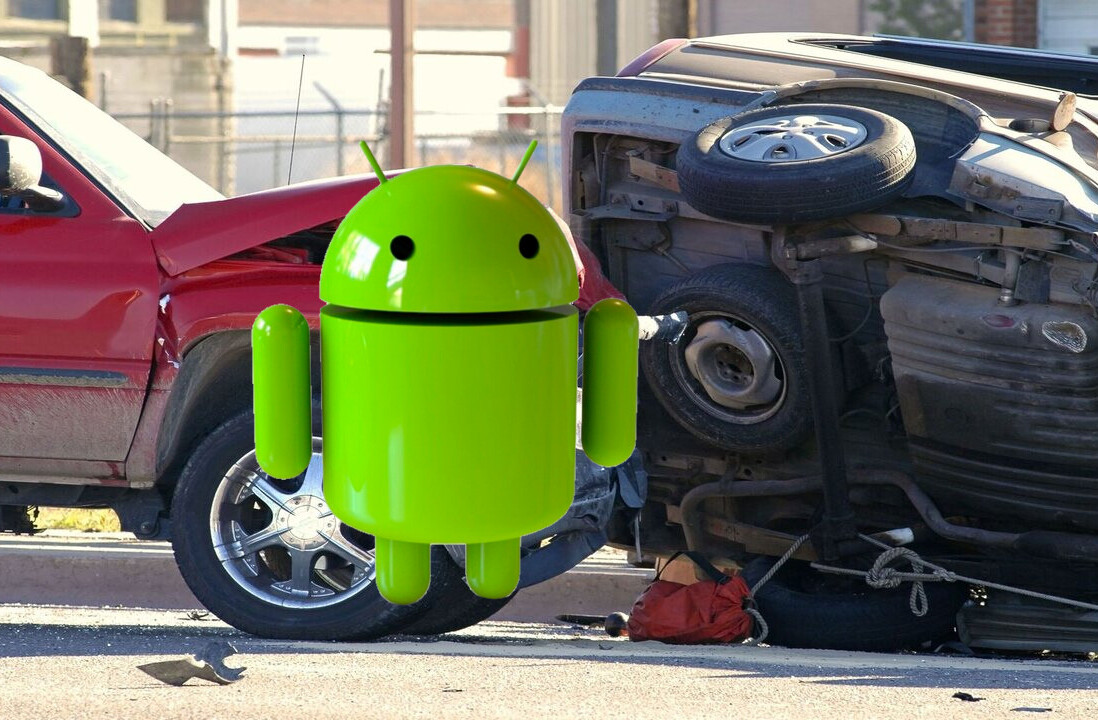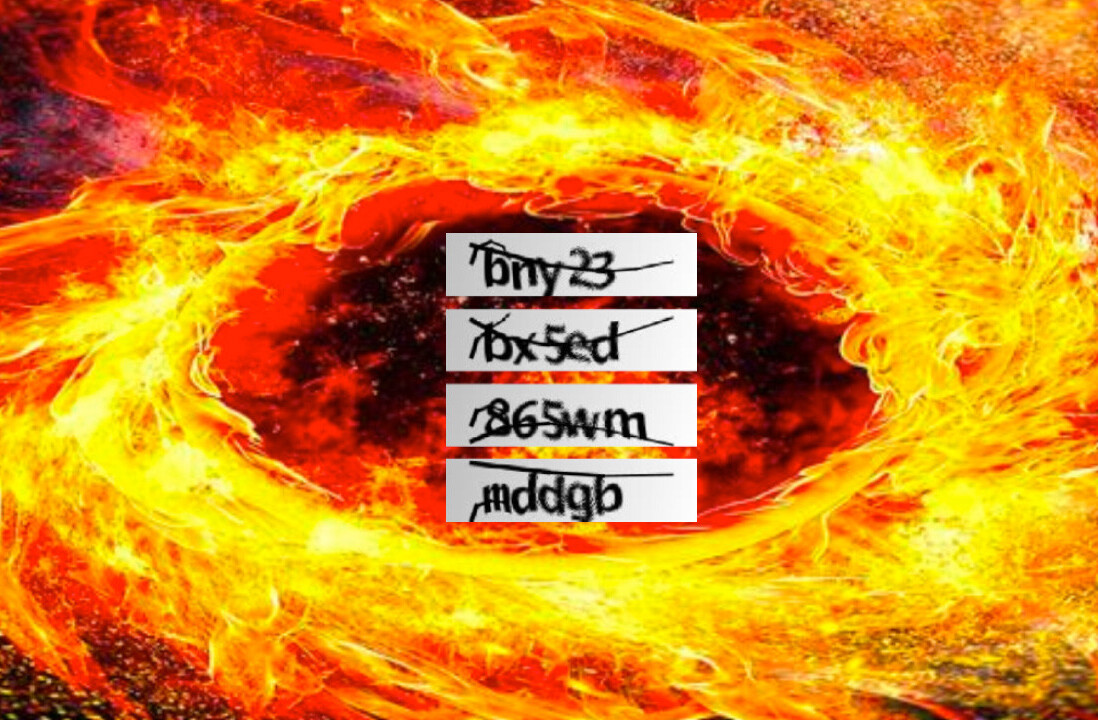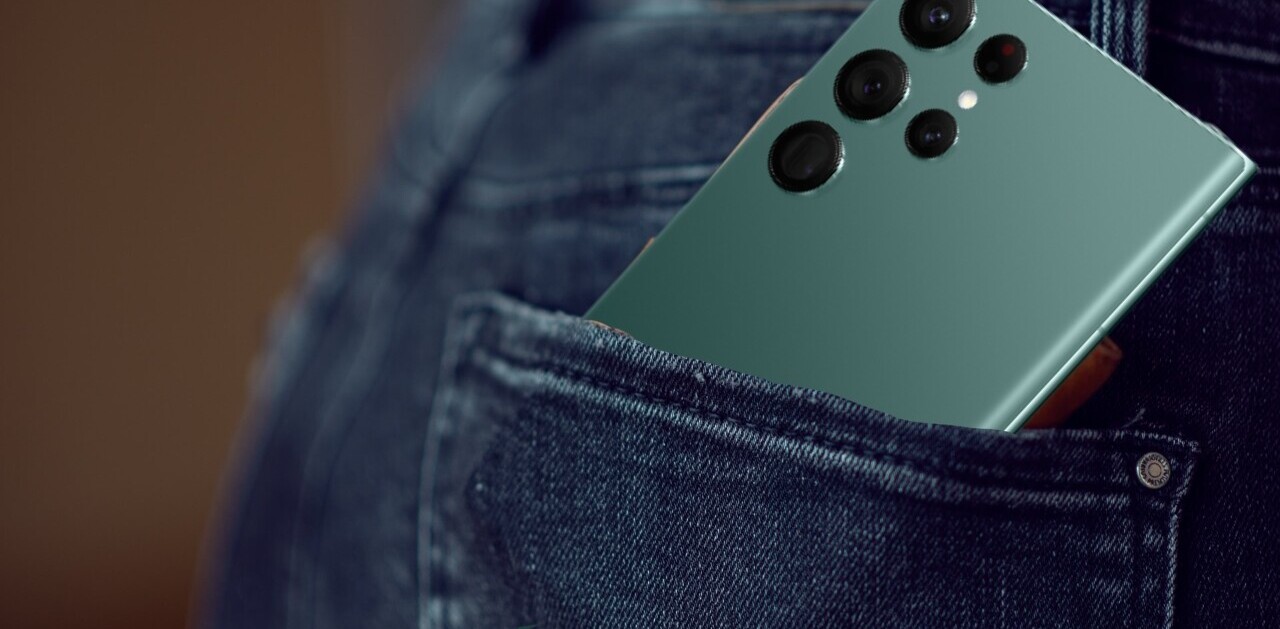
Android developer David has been blogging about his efforts to make money on the Android Market at his blog, Making Money with Android. In a recent post, David summed up his first month on the Android Market with his ad-supported casual game Tap That! Number.
In the summary, David is extremely candid about his sales numbers and statistics. The total revenue from his four-star-rated app in the first month? $3.88.
David says that initially his app was getting below 5 installs a day, but once it was featured on the ‘Just In’ section of the Market, jumped up to about 100 installs a day. The total install base of the app was about 965 as of May.
The app is relatively new to the Android Market and David seems to be committed to finding a way to make money developing for Android, so hopefully those numbers will improve as he continues. This does paint a relatively grim picture for those developers interested in making money using the Android Marketplace however.
As a comparison, iOS developer Benjamin Mayo told me that one of his apps, that has also been available for about a month and which he considers ‘very niche’ on the App Store, makes more than $4 every day.
“Bingo Machine for iPhone has had 653 sales as of yesterday and…has sat at 59p for the majority of the time. It entered the App Store on March 16th and has had one update,” Benjamin told me, “I get an average of 40p a sale (due to currency conversions) and have made about £261 (about $420) from that. That’s about $4.5 dollars a day.”
In contrast to Tap That! Number, Mayo’s apps are being offered at a flat, up-front cost, rather than in an ad-supported form.
I’m the first one to admit that David’s example is of a single person shipping a small casual game for the Android platform and not representative of all apps, some of which do make decent money. But it is an interesting account worth reading for anyone interested in starting out developing for the Android Market.
On the flipside of that coin is a more positive account from a developer offering another paid app with some success on Android. Noah Bordner, head of indie developer Mika Mobile, has a post up on its blog about the introduction of popular iOS game Battleheart to Android. In the post he mentions that while the iOS version, which sits outside of the top 200 iOS games, still easily outsells the Android version, it does make decent money for the company.
“While it’s still a much smaller market than iOS, there’s money to be made through paid apps. I don’t know how it became so widely believed that free, ad-supported apps are the only way to make money on Android…I feel like I’ve disproven that myth pretty thoroughly,” wrote Bordner, “Daily revenue from Battleheart on Android is fairly close, within 80%, of it’s iOS counterpart at the moment.”
There is some napkin-scribble wisdom to be taken from these examples with regards to paid vs. ad-supported apps. The iOS platform has shown time and again that the ad-supported route isn’t always the best one and that a small app charging a minimum sales price can still make money. The Android Market is absolutely rife with ad-supported apps attempting to duplicate the success of apps like Angry Birds.
Interestingly, Bordner says that the worst thing about the Android market is the customer service issues, many of which stem from broken downloads, payment issues and performance problems on devices with weaker hardware specs.
“The most frustrating part about developing for android is actually just dealing with the deluge of support e-mail, most of which is related to download and installation problems which have nothing to do with the app itself…Based on the amount of e-mails I get every day, download problems effect 1-2% of all buyers, or in more practical terms, somewhere between two and three shit-loads,” Bordner says, “…You alone are responsible for resolving any billing concerns. We actually have a tiny handful of people getting refunds on our iOS games every day, but since all billing and possible refunds are handled by Apple, I don’t have to deal with it. On Android, I do, and I really wish I didn’t. I just want to make games, not listen to people whine about how their app won’t install.”
As far as Battleheart’s success on Android, Bordner says that the bar for quality apps on the Android Market is set ‘pathetically low’ and this actually makes it easier for any app with a good level of polish to stand out. The app is consistently left more positive reviews more often on the Android Market than on the App Store.
“I think the lack of competition makes quality apps really stand out, and generates a lot of enthusiasm from app-starved android users.”
The Android Market has been increasing in popularity and number of apps, but there are very few developers having massive success with apps developed primarily for Android and many examples of the relative difficulty of making money on Google’s platform. Regardless of how large the installed base of Android devices is, it’s difficult to imagine large amounts of new developers looking at these hardships and making the choice to go with the Android Market exclusively. Instead, the Market seems to be best considered as an ancillary option for successful iOS developers looking for supplementary income.
Get the TNW newsletter
Get the most important tech news in your inbox each week.





